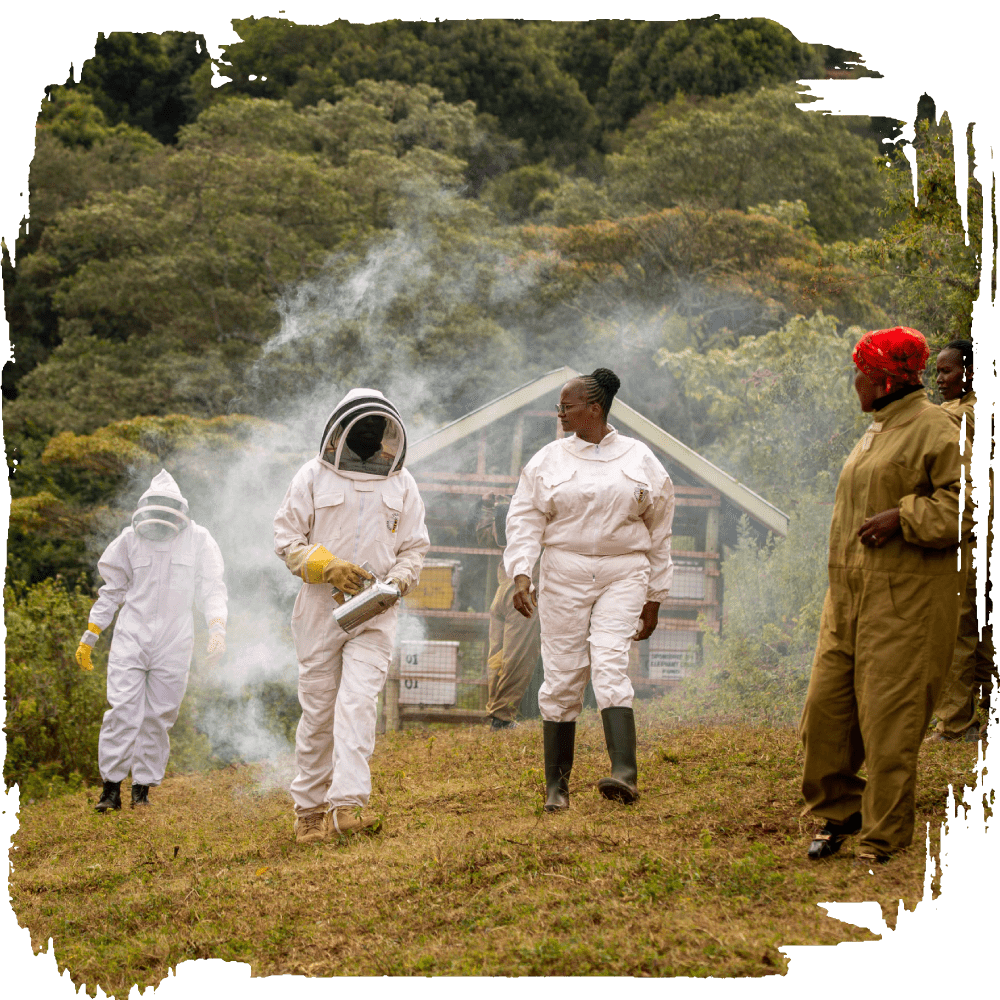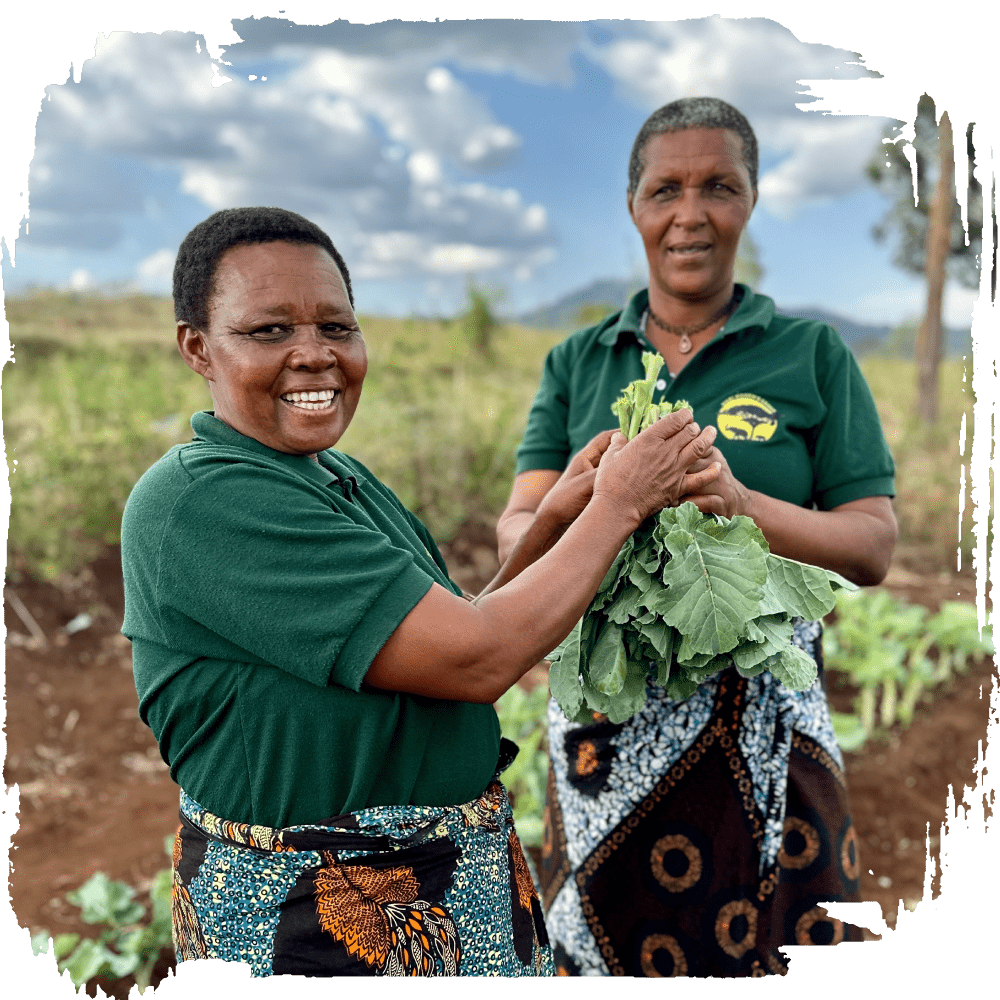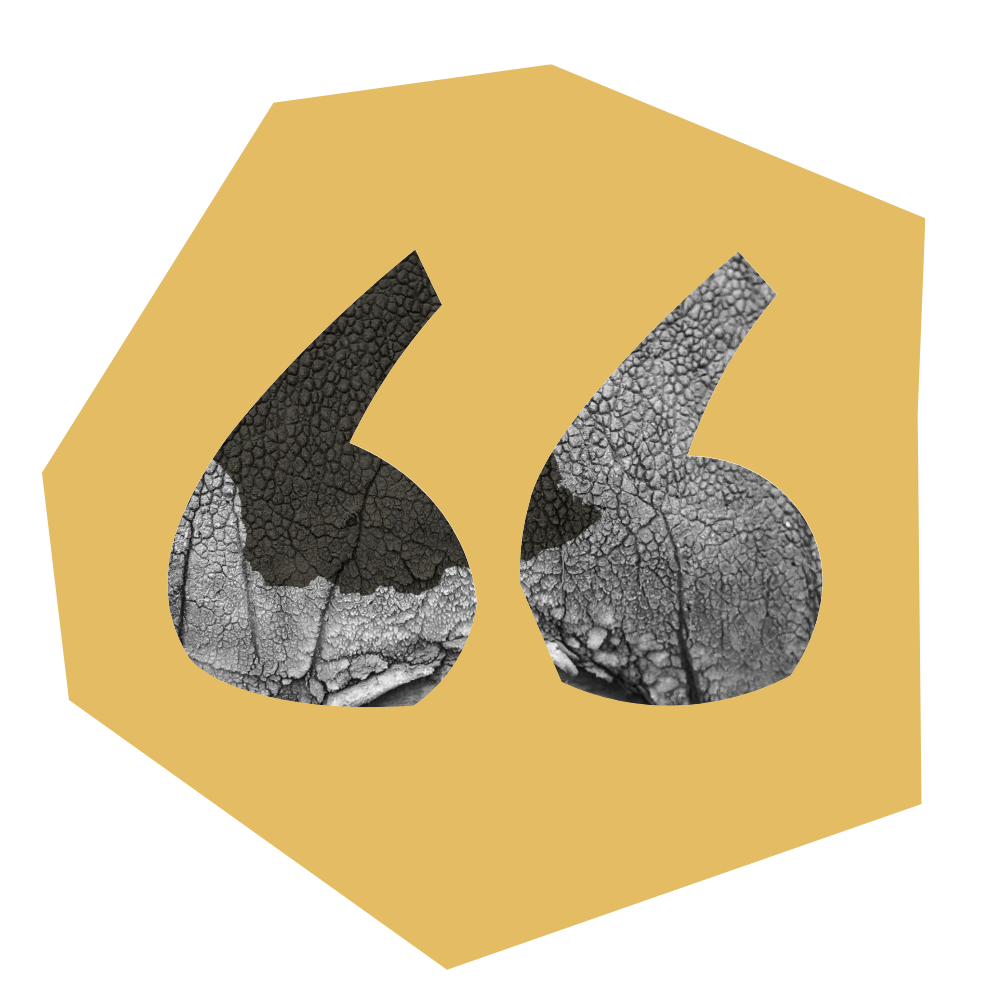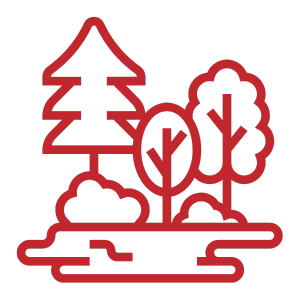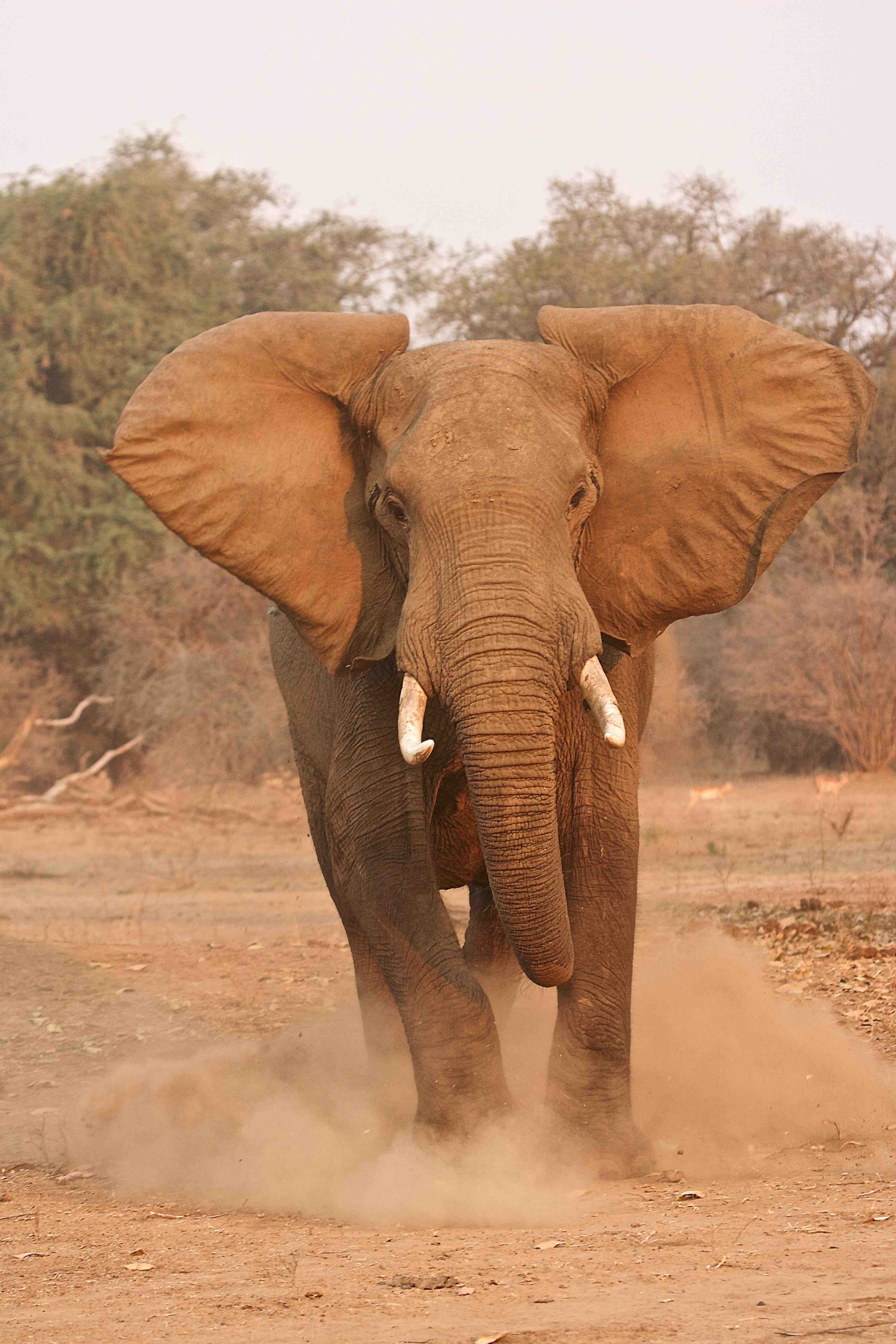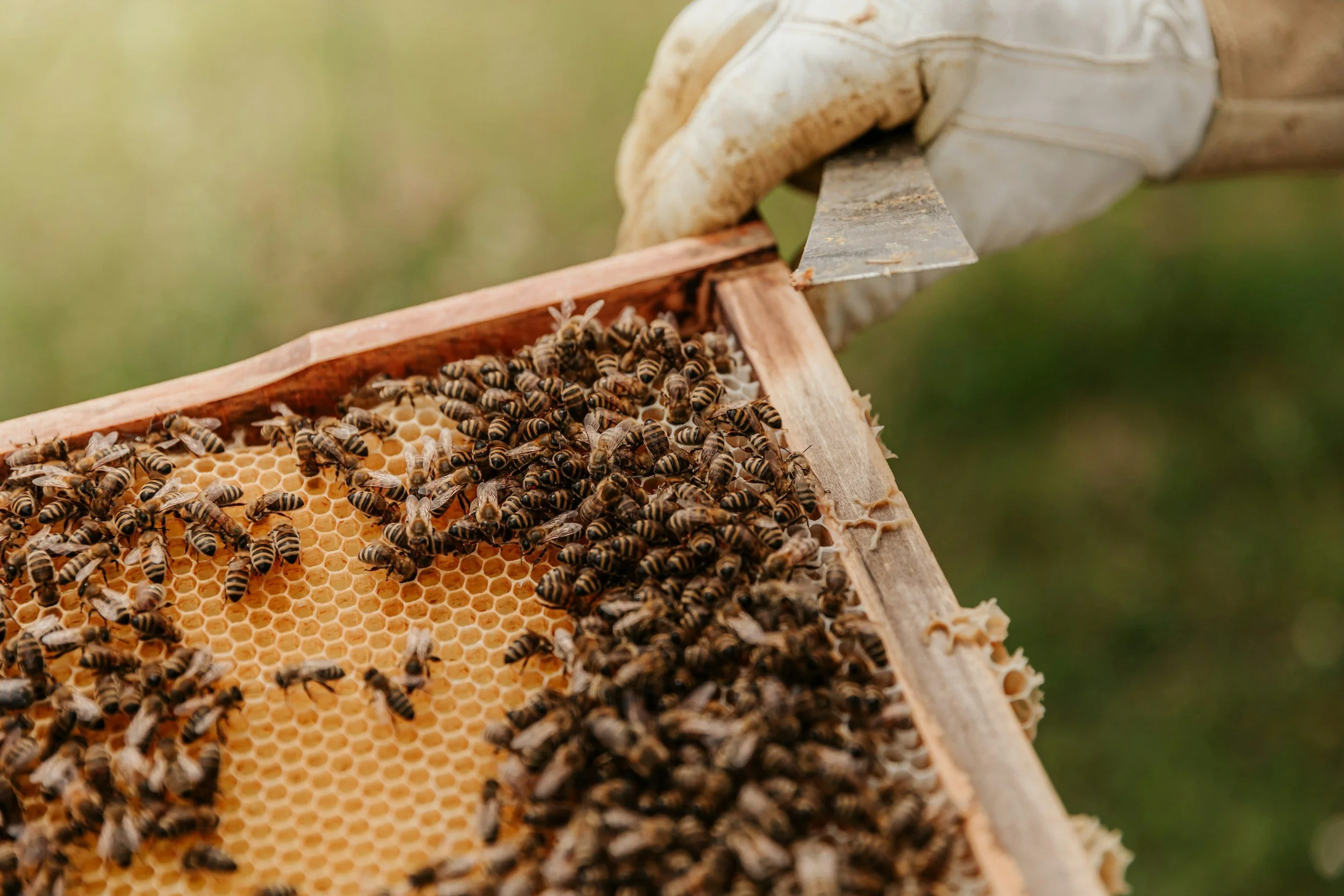
WOMEN & BEES

When women lead, coexistence grows.
Women’s enterprises are at the heart of our coexistence model — creating economic opportunities, financial independence, and climate resilience for smallholder farmers living alongside elephants.
Through beekeeping, honey and wax sales, permaculture gardens, and reinvestment into microloans for other women, these groups are transforming household incomes and building stronger communities.
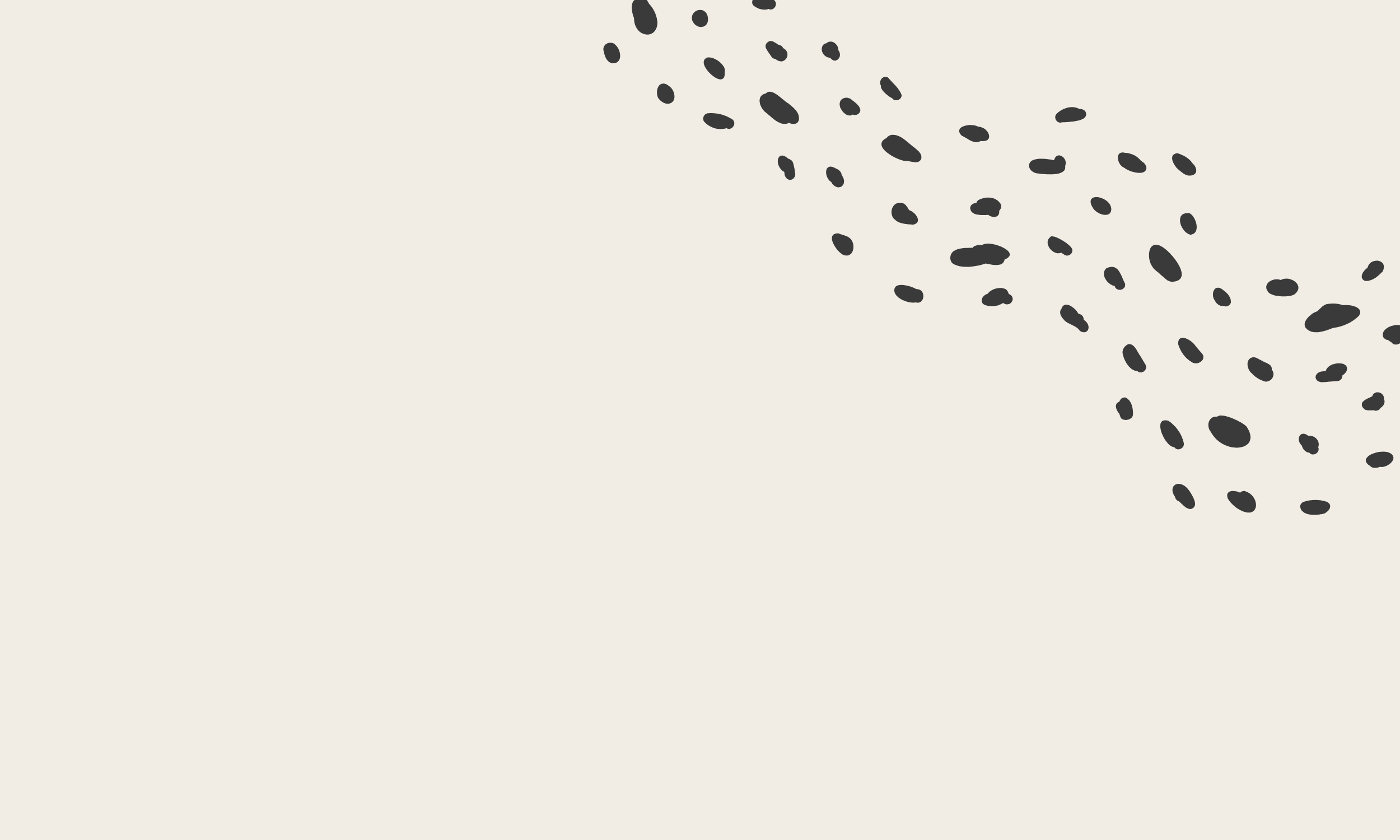
Our Impact at a Glance
turning conservation into a force for resilience.
What began with 36 women in Upper Kitete has grown into a network of 248 women across three ecosystems, each driving change through training, mentoring, and enterprise. This peer momentum ensures families can adapt to climate pressures while protecting land, food security, and elephant corridors.
1
Enterprise & Empowerment Hub, with more in development
>65%
hive occupancy achieved across all women’s group apiaries
8
women’s groups managing apiaries and permaculture gardens
248
women leading enterprises across three of Tanzania’s ecosystems
$
microloans reinvested into farming, school fees, and small businesses

THE RIPPLE EFFECT.
The Trailblazers
Started with NARI Women’s Group ‘The Trailblazers’ in Upper Kitete; pioneers of our first enterprise model.
SAHHTI Women’s Group
Expanded to SAHHTI Women’s Group in neighbouring Kitete, supported by NARI Women’s Training of Trainers workshops and mentoring.
Serengeti and Rukwa–Katavi Ecosystems
Now replicated in Serengeti and Rukwa–Katavi, where new groups are forming and linking into the network.

How it works
WHAT WOMEN’S GROUPS DO
Manage Apiaries
Group hives and apiaries produce honey and wax, generating income while protecting elephant corridors.
Apiary management skills; hive inspections, colony health, harvesting, are shared and taught to new members.
Run Enterprise & Empowerment Hubs
NARI’s Enterprise Hub in Upper Kitete processes honey and wax, adding value and linking to markets.
This model is now being extended to the Serengeti Hub to connect women’s groups across the landscape.
Grow Permaculture Gardens
Women establish organic permaculture gardens at the Hubs, producing vegetables and fruit for their communities.
These gardens diversify diets, strengthen food security, and promote regenerative farming methods.
Provide Microloans
Enterprise profits are reinvested into community microloans.
Women access funds for farming, school fees, or starting small businesses; reinforcing independence and resilience.

In the past we were living desperately, we felt we knew very little outside of our daily lives.
I joined the group to work together with other women, to learn different things together and to support ourselves.
We have learnt many skills as a group. The practice has taught us that we as women can increase our income.”
Fabiola Josephat, a member of the NARI Women’s Beekeeping Group
Bonde La Faru sub-village
Why It Matters
Economic Independence
Women gain greater financial security and decision-making power.
Food Security
Organic produce supports families and reduces reliance on external markets.
Community Leadership
Women become trainers, mentors, and role models across villages.
Conservation Impact
By sustaining fences, apiaries, and gardens, women directly support elephant corridors and biodiversity.
OUR PROJECTS IN ACTION
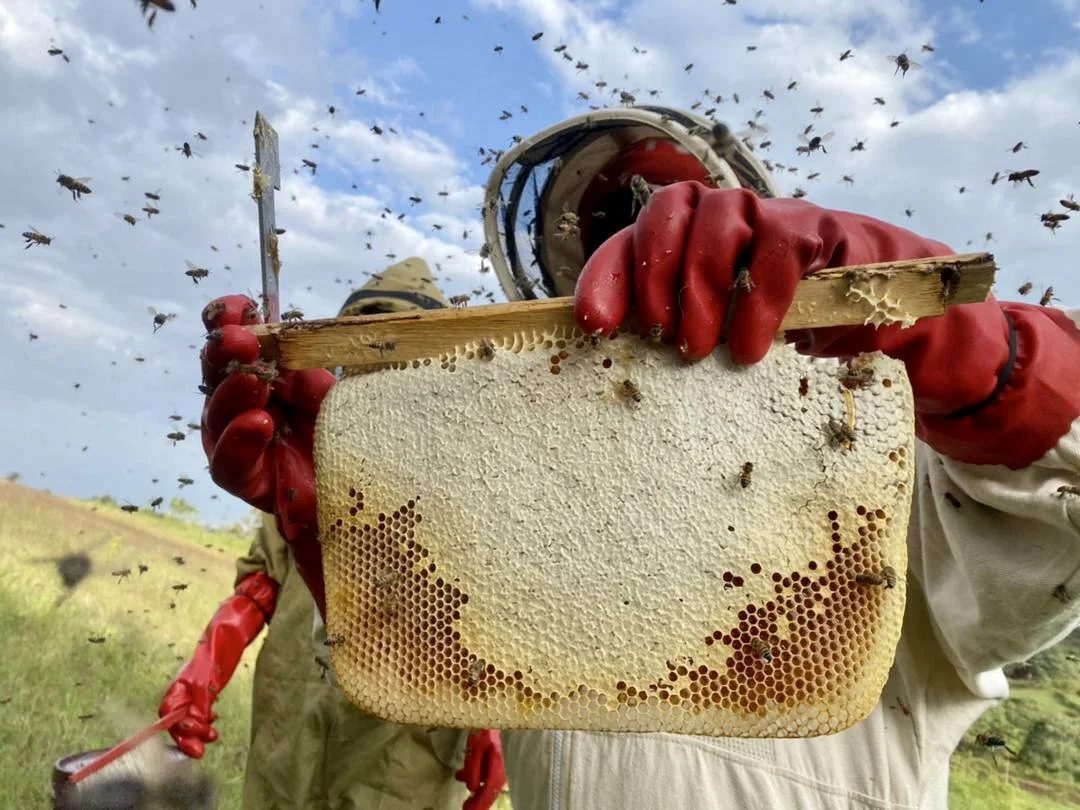
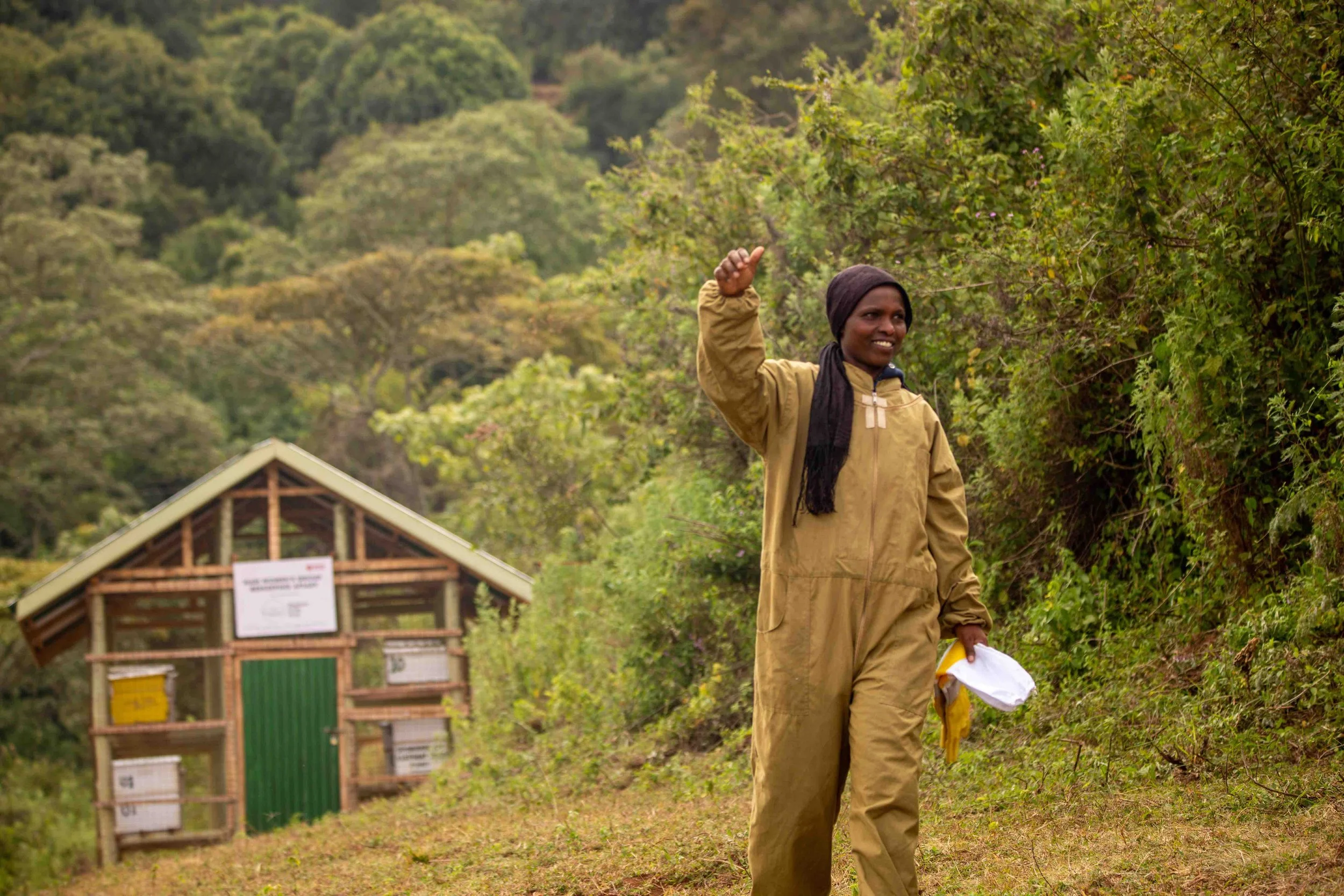
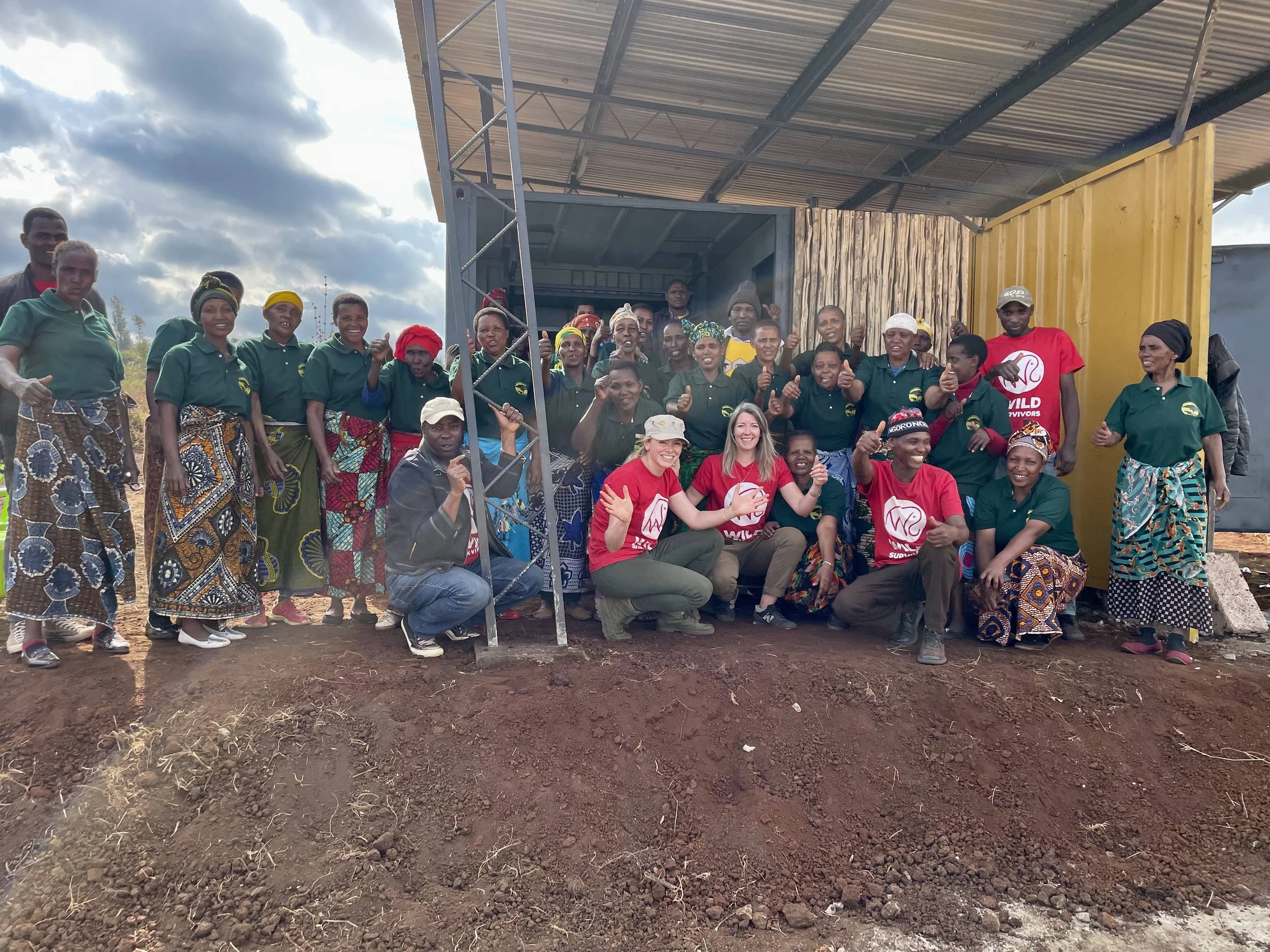
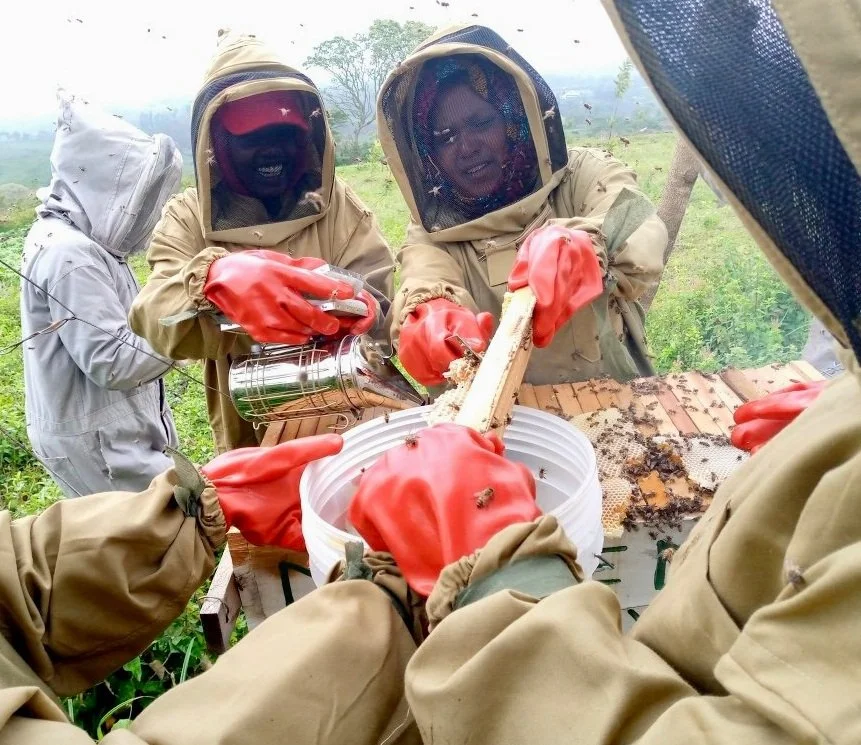
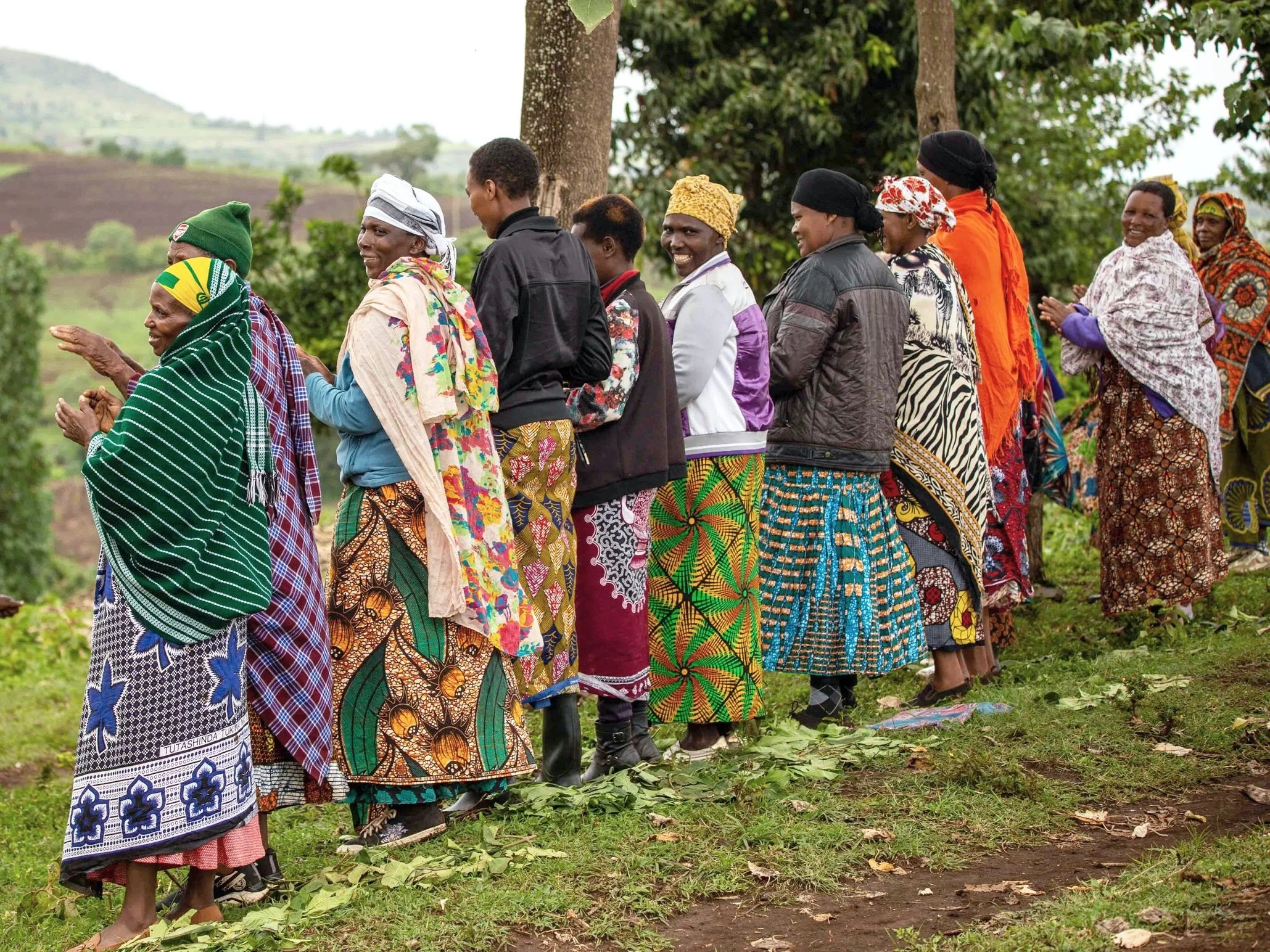
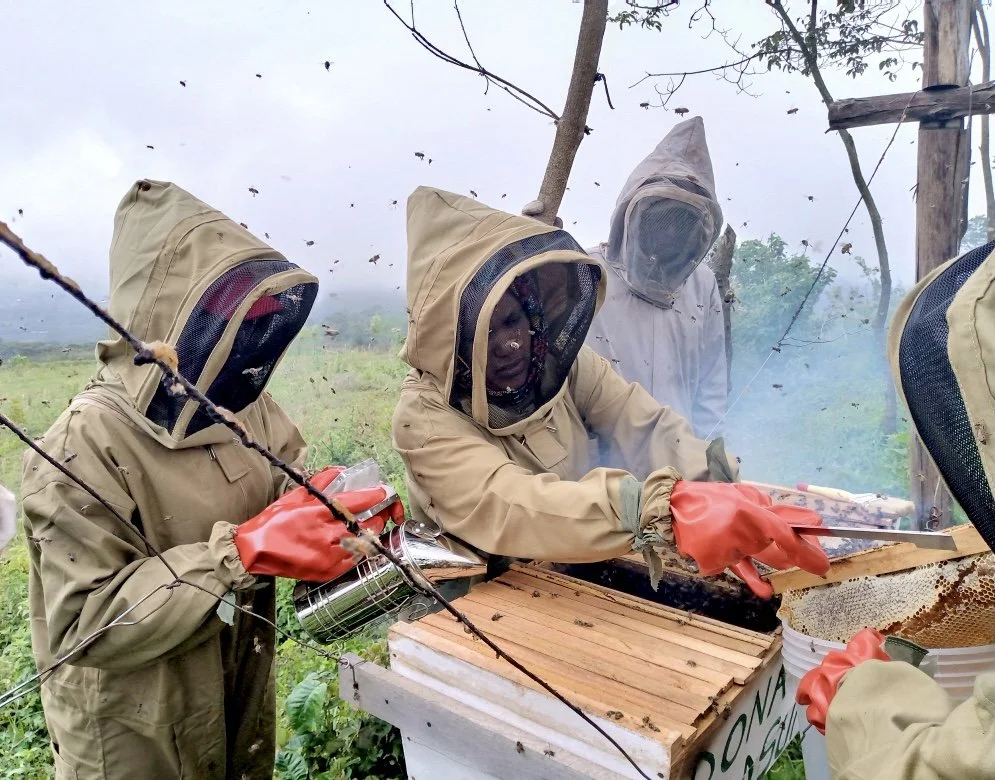

WOMEN & BEES: FAQs
-
Beekeeping is fast becoming a popular complementary livelihood to coexistence farming in Upper Kitete, with Wild Survivors beekeeping workshops igniting a passion for bees village-wide. Farmers and their families are promoting conservation efforts to preserve forests for the bees, acknowledging the importance of this wild habitat range as an elephant buffer zone.
With 95% of our community collaborators vocalising the importance of protecting the wildlife corridor, establishing corridor conservation initiatives, such as beekeeping, that reduce competition for resources, and increase livelihood income and safety for people and wildlife, can create win-win results for achieving human-elephant coexistence.
-
Women living next to wild habitat are highly vulnerable to income loss from elephant crop-raiding. They rarely have their own source of income, struggle with access to education, and take great risks to collect firewood, water, and to provide for their families.
Ninety percent of beekeepers are men, because women are relied upon solely to run the household and complete chores. But women in remote communities have a unique knowledge of the land, and its wildlife, complimenting the skills needed for beekeeping.
Our Women & Bees projects help to bridge the gap in historic gender inequality and drive financial independence for women.








